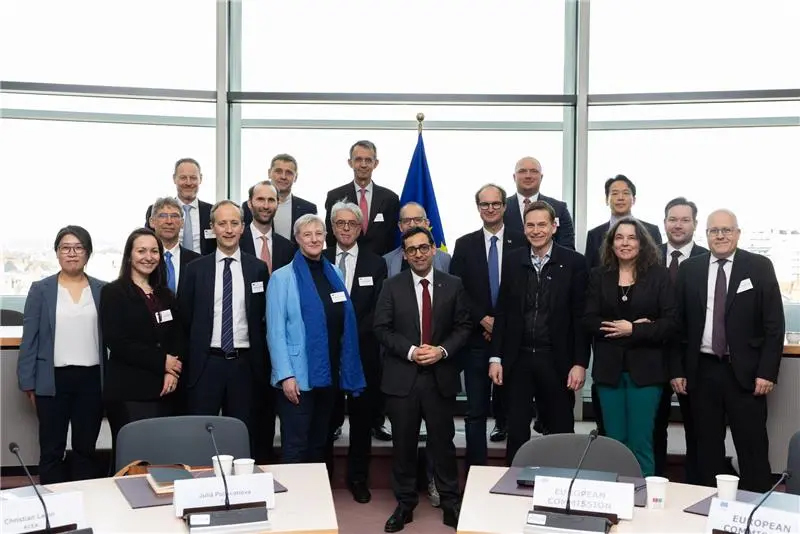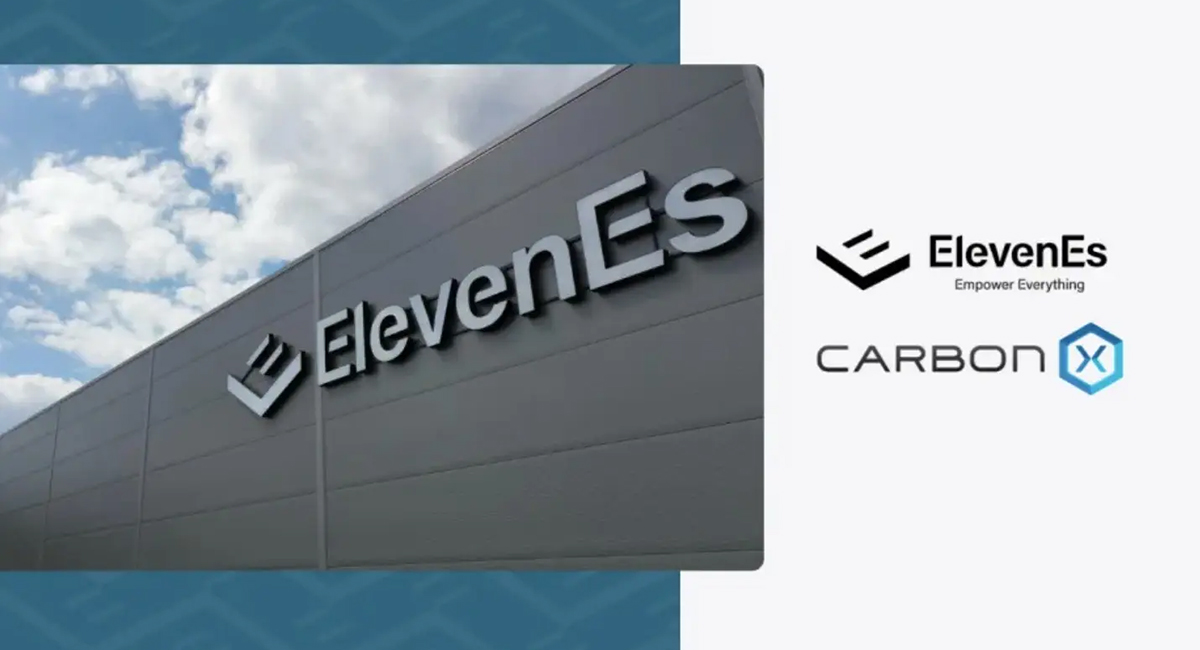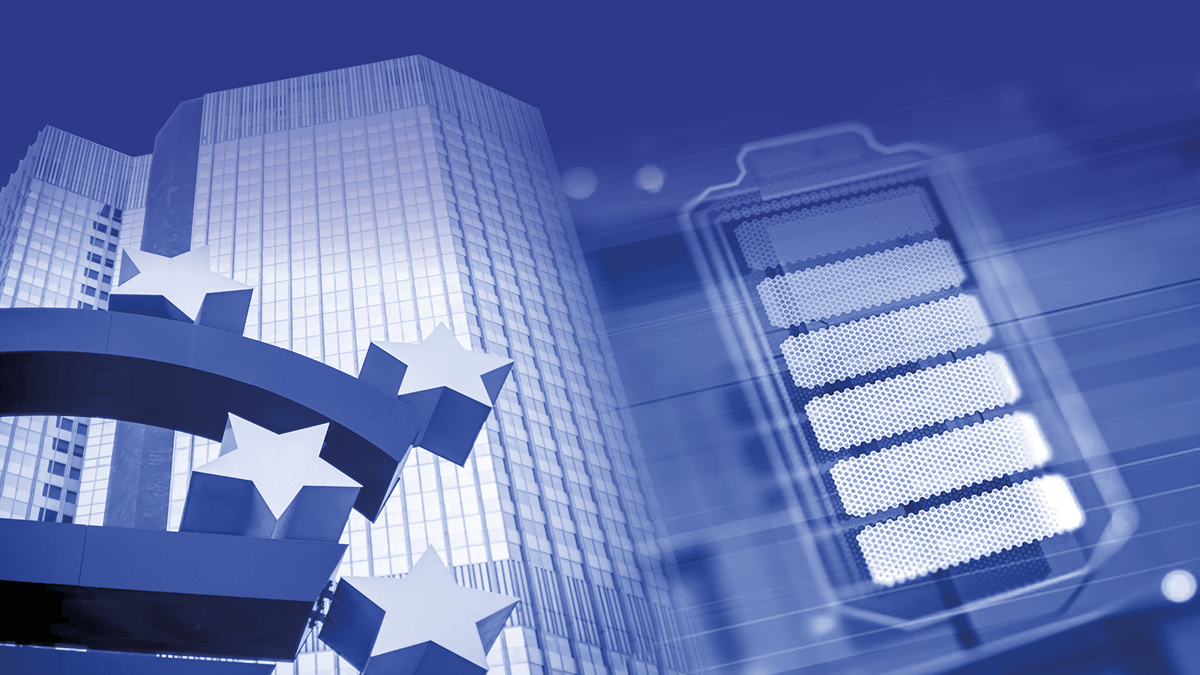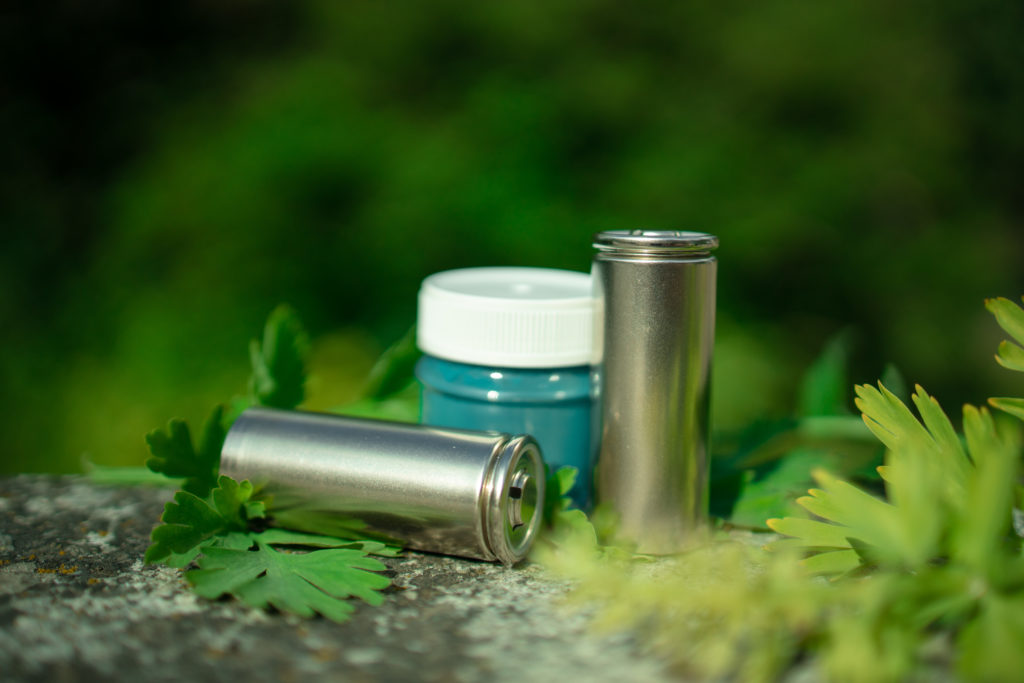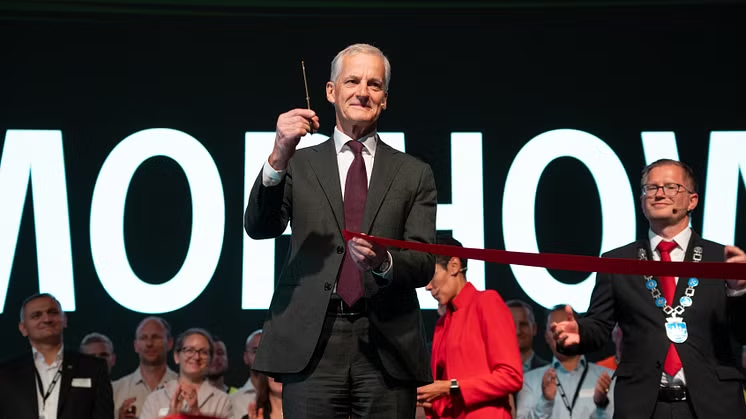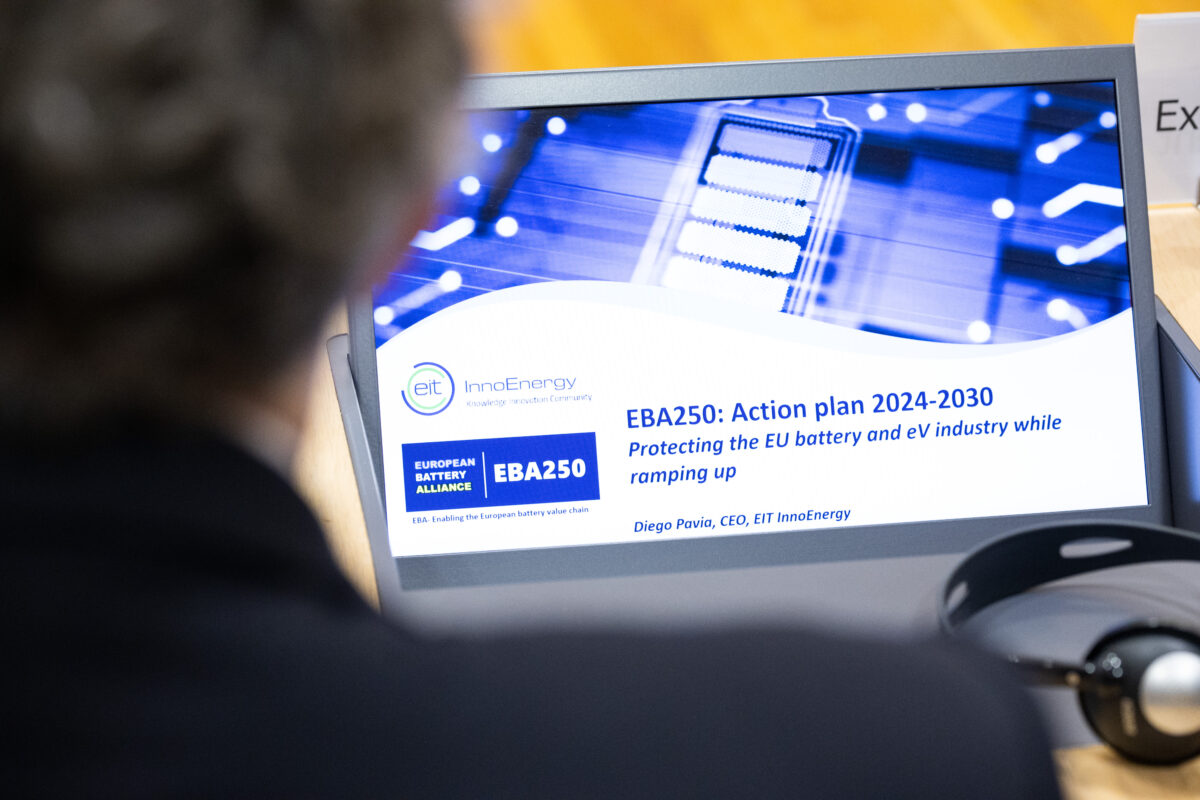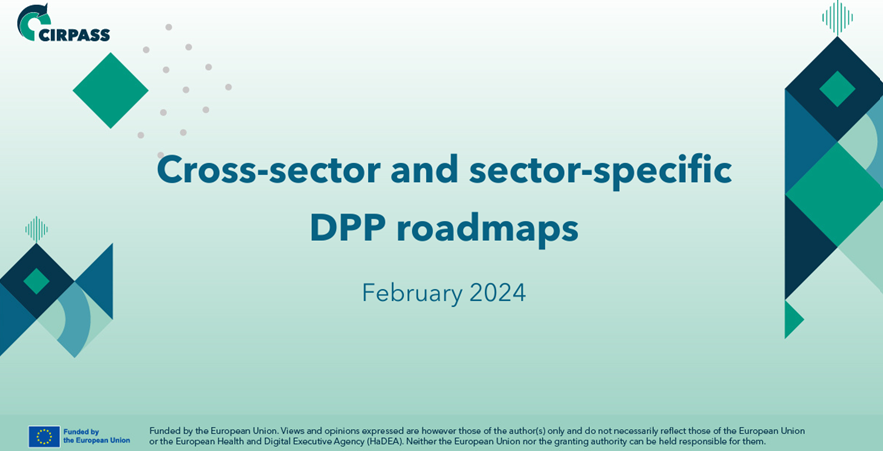
Mar 13, 2024
CIRPASS report open for feedback
CIRPASS invites the EBA community to contribute to a consultation on the Cross-sector and sector-specific DPP roadmaps.
The EU has set the ambitious goal of being climate neutral until 2050. In order to achieve this, the European economy has to be digitalized and shifted from a linear to a circular economy. As outlined in the Ecodesign for Sustainable Products Regulation (ESPR), the Digital Product Passport (DPP) will be a crucial tool. Its objective is to simplify digital access to relevant product-specific information in the area of sustainability, circularity, and legal compliance. In a nutshell, the DPP is a structured collection of product related data with pre- defined scope and agreed data management and access rights conveyed through a unique identifier and that is accessible via electronic means through a data carrier. The intended scope of the DPP is information related to sustainability, circularity, value retention for re- use, remanufacturing, and recycling.
The battery sector will be the first to require a DPP, starting from February 2027 on, according to the Batteries Regulation. The responsibility for issuing the DPP lies with the economic operator (or an authorized representative) placing the battery on the market and the scope are batteries in light means of transport (LMT), industrial batteries with a capacity greater than 2 kWh and electric vehicle (EV) batteries. An extensive content guidance for the battery DPP, as well as an executive summary, can be found on the Battery Pass project website.
The CIRPASS project is preparing the ground for a gradual piloting and deployment of the DPP, focusing on developing a roadmap for prototypes in three value chains: electronics, batteries and textiles. Said roadmap encompasses the general development of the DPP, as well as individual roadmaps for the three respective sectors.
After being consolidated internally, CIRPASS is trying to reach as many stakeholders as possible to have their say on the roadmap, what’s realistically feasible, where current industry trends are heading or what potential benefits could arise. Any feedback can be issued until the 15th of March, click here to contribute.
More EBA250 news
InnoEnergy, the driving force behind the EBA250 initiative, introduces today its new brand identity,…
The new EU-funded facility will enhance global raw materials partnerships and access to Critical…
Last week, InnoEnergy and EBA250 represented the battery value chain in Brussels alongside Verkor…
ElevenEs, a European LFP lithium-ion battery manufacturer, has signed a Joint Development Agreement with…
The European battery industry has come a long way since the launch of the…
The 2024 Innovation Fund calls for proposals have been launched this week, with a…
Altris, a pioneering Swedish developer of sodium-ion battery technology, has reached significant milestones that…
Last Friday, Morrow Batteries officially inaugurated the first giga-scale LFP (Lithium Iron Phosphate) cell…
On May 24, 2024, the 8th High-Level Meeting of the European Battery Alliance (EBA)…
Following the recent announcement from EVP Šefčovič on the need to support manufacturing of…


